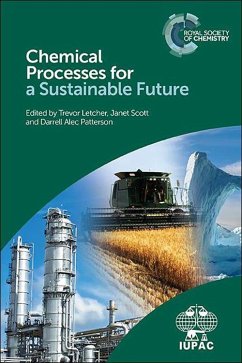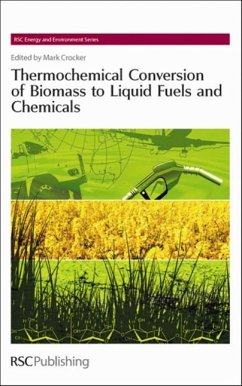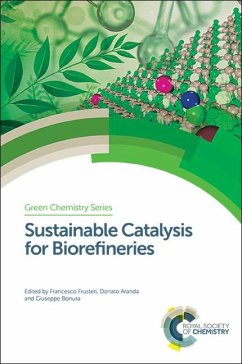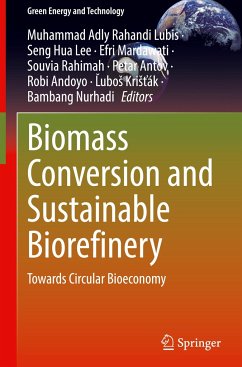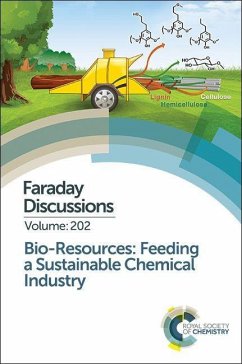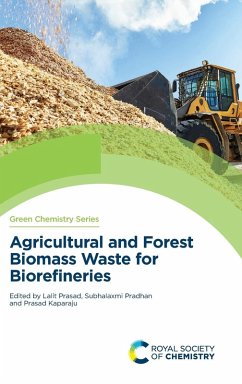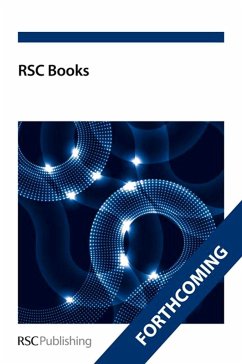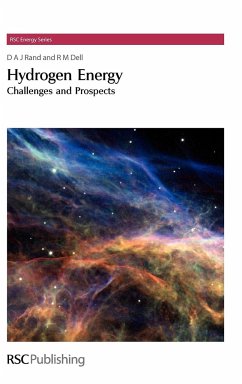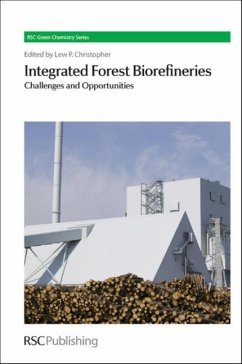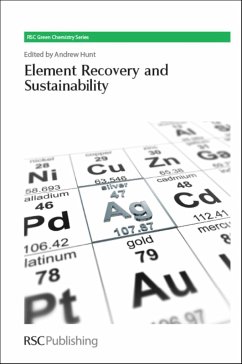
Biomass for Sustainable Applications
Pollution Remediation and Energy
Herausgeber: Gaspard, Sarra; Ncibi, Mohamed Chaker
Versandkostenfrei!
Versandfertig in über 4 Wochen
200,99 €
inkl. MwSt.

PAYBACK Punkte
100 °P sammeln!
Sustainable sources of energy and a supply of good quality water are two major challenges facing modern societies across the globe. Biomass from cultivated plants may be used to generate energy, but at the cost of contaminated surface waters from pesticide and fertiliser use. This two-volume set examines the potential use of biomass as both a source of sustainable energy and a resource to tackle contaminated soils and wastewaters. Consideration is given to non-food crops, bacteria ,and fungi as sources of biomass and the book enables the reader to identify the best local bioresources according...
Sustainable sources of energy and a supply of good quality water are two major challenges facing modern societies across the globe. Biomass from cultivated plants may be used to generate energy, but at the cost of contaminated surface waters from pesticide and fertiliser use. This two-volume set examines the potential use of biomass as both a source of sustainable energy and a resource to tackle contaminated soils and wastewaters. Consideration is given to non-food crops, bacteria ,and fungi as sources of biomass and the book enables the reader to identify the best local bioresources according to the desired application. With contributions from across the globe, this is an essential guide to meeting the demand for energy and pollution remediation by exploiting local and renewable resources. The example scenarios given may inspire policy makers and local officers, while chemical engineers and environmental scientists in both academia and industry will benefit from the comprehensive review of current thinking and application.



